Posts By: Jason Schneiderman
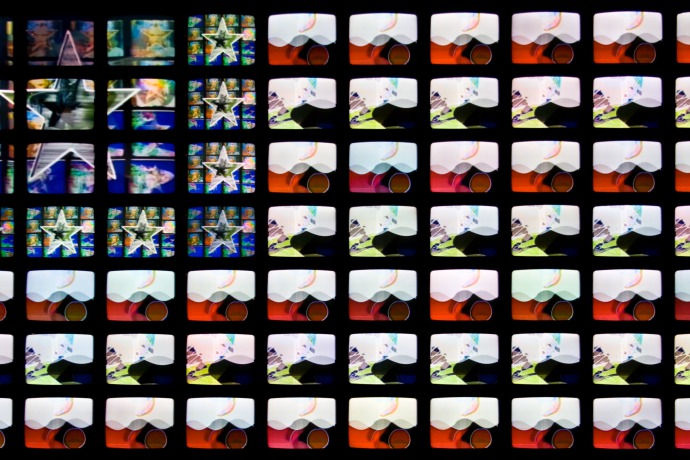
Prosodies in the US & the UK: A TransAtlantic Coda
When Kathryn and I started our residency, the one topic we were sure we would discuss was the difference between the poetry scenes in the US and the UK. Of course, that never happened—it’s like how the song you buy the album for becomes the song you start skipping first (well, before iTunes). So here…
Read More
Thank You, Internet
Thank you so much, everyone out there on the CAMPUS! I’ve really enjoyed being the other half of your poet-in-residence. I was thrilled to be partnered with Kathryn, and I’ve heard rumors that you may hear a bit more from us in the new year, but this post officially marks my farewell. It seems a…
Read More
Queer Poetics for Non-Queers (or On Exclusivity in Identity Politics)
Queer Poetics II In my last post about queer poetics, I said, “In celebrating queer poets, I don’t think that straight poets should feel that I’m not talking to them”—but I’m not sure that I did a sufficient job of explaining what the value of “minority” poetics might be. Indeed, a wise reader called me…
Read More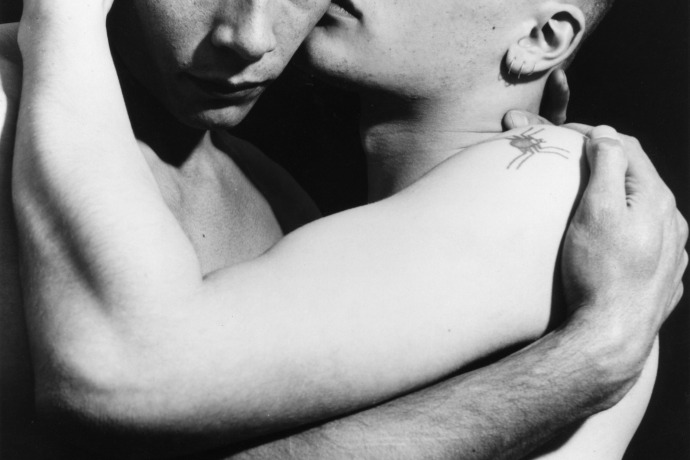
Queer Poetics I
Poetry has always been the province of the consummate insider and the total outsider—a dichotomous split between the institutionalized John Clare types and the silver spoon James Merrill’s. The origin myth of poetry in English is of a literal outsider. Poor Caedmon is so embarrassed to have no songs to sing that he goes out…
Read More
Poetic Attention II: In Praise of Snapshots
When I was in Best American Poetry 2005, there were a number of complaints in the blogosphere about how very New York-centric the issue was. The concern—probably a justified concern—was that the New York poetry scene is too insular and self-congratulatory. Interestingly, the guest editor was Paul Muldoon. An Irishman who teaches at Princeton (New…
Read More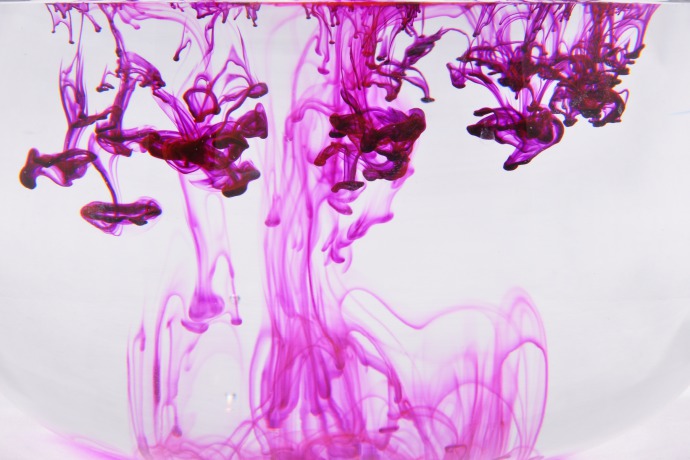
Poetic Attention I
In Tom Stoppard’s play Indian Ink, the heroine Flora Crewe arrives in the Indian city of Jummapur in the 1930s to give a lecture on literary life in London. Flora Crewe is a poet, and when she arrives at the British club, one of the older members extols the virtues of Kipling, and quotes a…
Read More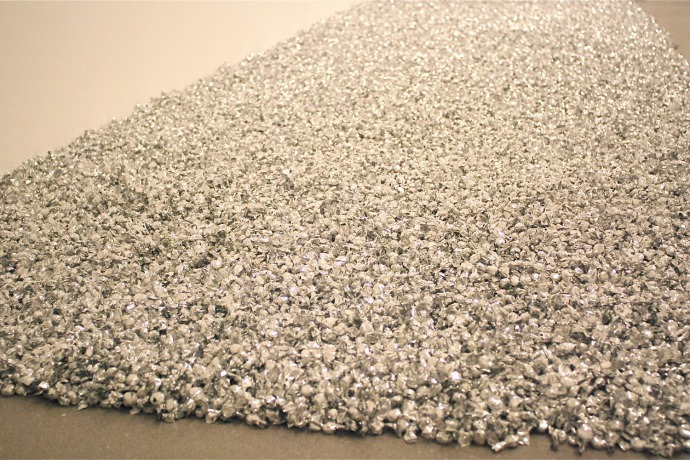
Poetry Matters
You can’t hurt poetry. You can write bad poems, but that will not hurt poetry. You can like bad poems and you can dislike good poems, and you will still not hurt poetry. You can even write bad reviews of good books and good reviews of bad books, but even then, you will not have…
Read More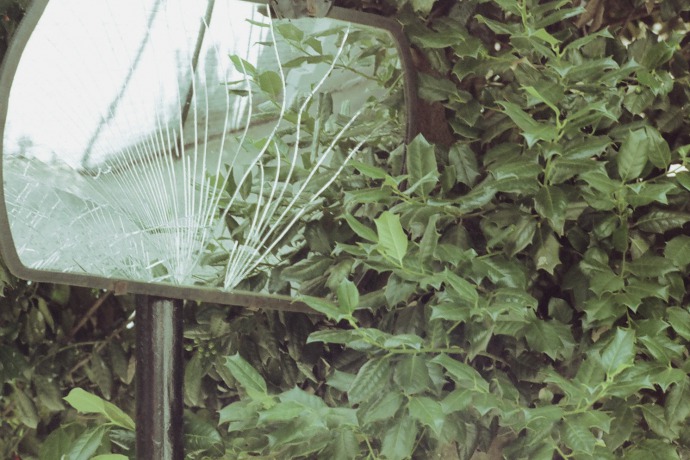
Unreal Ghazals in English
When Agha Shahid Ali subtitled his anthology of formal ghazals, “Real Ghazals in English” he was trying to point out that the constraints of rhyme and refrain were what made a ghazal real. But what of unreal ghazals? Even Shahid admitted, “I do like many aspects of the so-called ghazals” that his American comrades were…
Read More
Just Add Ghazal
Introducing the ghazal, part 2 Because the ghazal is modular, it can be especially fun to write and revise. In most poetic forms, revision can feel incredibly frustrating—you change one line, and suddenly, everything else is off balance. I once had a student send me a poem, and I told him that I loved the…
Read More